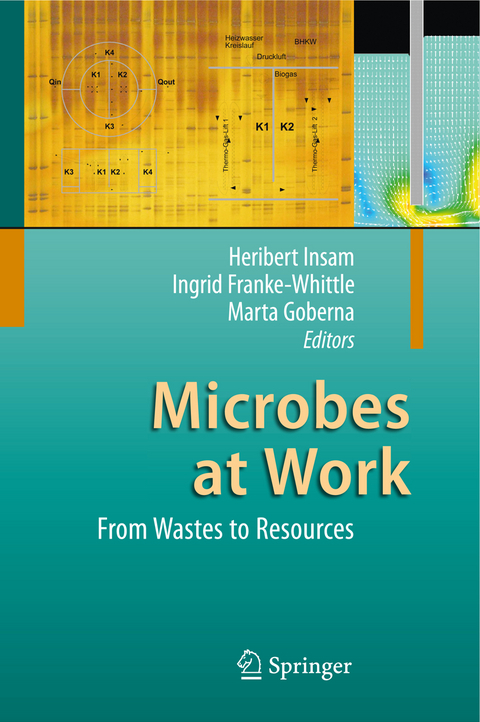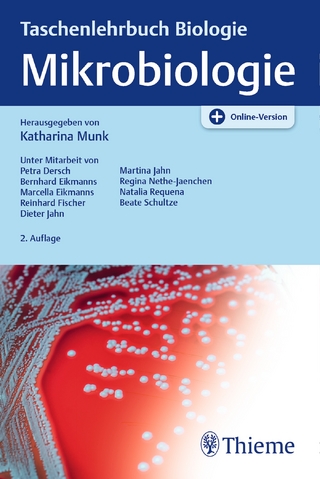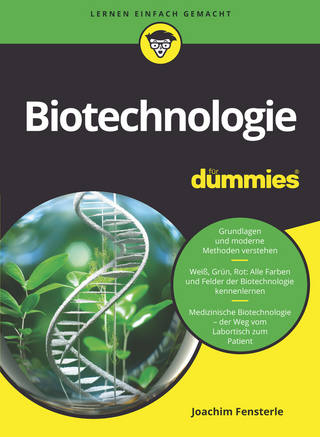
Microbes at Work
Springer Berlin (Verlag)
978-3-642-42430-4 (ISBN)
lt;p>Among the goals of environmentally sound waste treatment is the recycling of organic wastes. The most practiced options are composting and anaerobic digestion, both processes being carried out by microorganisms. This book provides an overview of the various ways microbes are doing their job and gives the reader an impression of their potential.
The sixteen chapters of this book summarize the advantages and disadvantages of treatment processes, whether they are aerobic like composting or work without oxygen like anaerobic digestion for biogas (methane) production. These chapters show the potential of microorganisms to create valuable resources from otherwise wasted materials. These resources include profitable organic, humus-like soil conditioners or fertilizer components which are often suppressive to plant diseases. Composts may thus improve soil carbon sequestration, or support sustainable agriculture by reducing the need for mineral fertilizers or pesticides. If anaerobic digestion is used, the biogas produced may replace fossil fuels. Thus, proper biological waste treatment with the help of microorganisms should contribute to a reduction of anthropogenic greenhouse gas production.
Microbes in Aerobic and Anaerobic Waste Treatment.- Recent Developments in Bio-Energy Recovery Through Fermentation.- Syntrophic Communities in Methane Formation from High Strength Wastewaters.- Biogas Technology - Controlled Gas Flow for Enhanced Mixing, Heating, and Desulfurization.- Vermicomposting: Earthworms Enhance the Work of Microbes.- Compost Microbial Activity Related to Compost Stability.- Utility of Molecular Tools in Monitoring Large Scale Composting.- Production and Utilization of Suppressive Compost: Environmental, Food and Health Benefits.- Sanitation by Composting.- Microbial Antagonists in Animal Health Promotion and Plant Protection.- Interactions Between Beneficial and Harmful Microorganisms: From the Composting Process to Compost Application.- Compost Microbial Populations and Interactions with Plants.- Soil Degradation and Rehabilitation: Microorganisms and Functionality.- Do Composts Affect the Soil Microbial Community?.- Production and Application of Bioorganic Fertilizers for Organic Farming Systems in Thailand: A Case Study.- Challenges, Options and Future Research Needs.
lt;p>From the reviews:
"The work highlights different aspects of microbial composting and anaerobic digestion of organic waste materials. Each of the 16 chapters, contributed by experts in the field, is well written with numerous excellent references and cutting-edge information. ... The figures and tables aid in the understanding of the material. Though the work is geared toward researchers in the field, it can be used in graduate-level courses on the topic. Summing Up: Recommended. Graduate students through professionals/practitioners." (M. E. Lenczewski, Choice, Vol. 48 (1), September, 2010)| Erscheint lt. Verlag | 28.11.2014 |
|---|---|
| Zusatzinfo | VIII, 329 p. |
| Verlagsort | Berlin |
| Sprache | englisch |
| Maße | 155 x 235 mm |
| Gewicht | 522 g |
| Themenwelt | Naturwissenschaften ► Biologie ► Mikrobiologie / Immunologie |
| Technik ► Umwelttechnik / Biotechnologie | |
| Weitere Fachgebiete ► Land- / Forstwirtschaft / Fischerei | |
| Schlagworte | Anerobic digestion • Antagonist • Biogas • compost • Energy • Environment • Environmental Microbiology • microbe • Microbiology • Microorganism • Pesticide • Plant disease • Plant Protection • Recycling • wastewater |
| ISBN-10 | 3-642-42430-9 / 3642424309 |
| ISBN-13 | 978-3-642-42430-4 / 9783642424304 |
| Zustand | Neuware |
| Haben Sie eine Frage zum Produkt? |
aus dem Bereich


